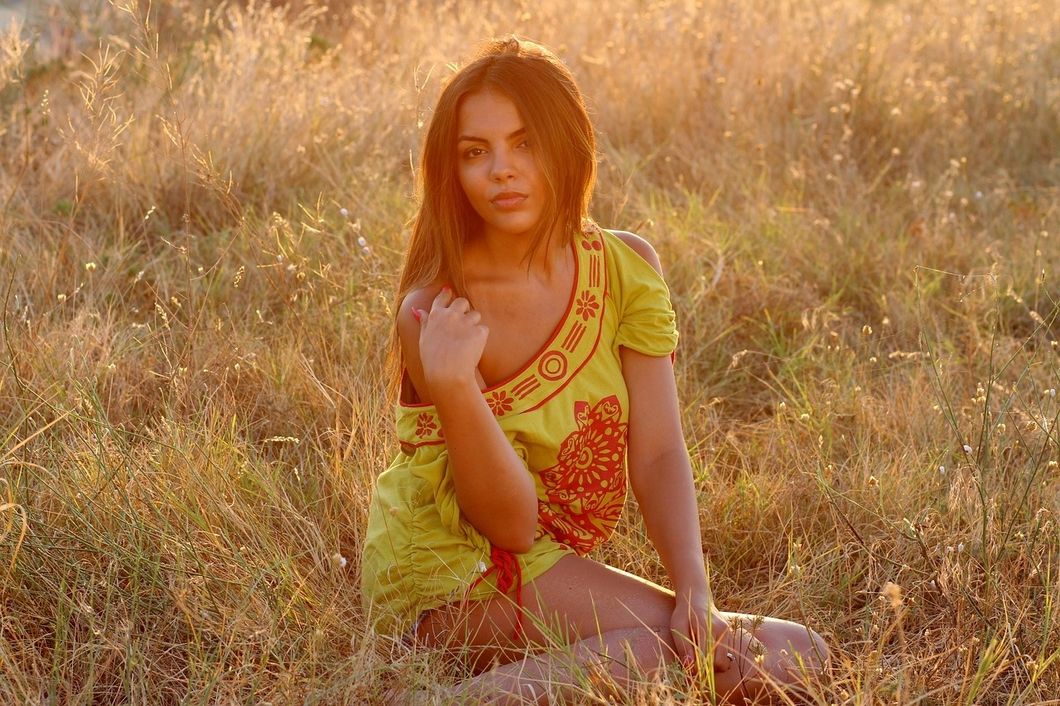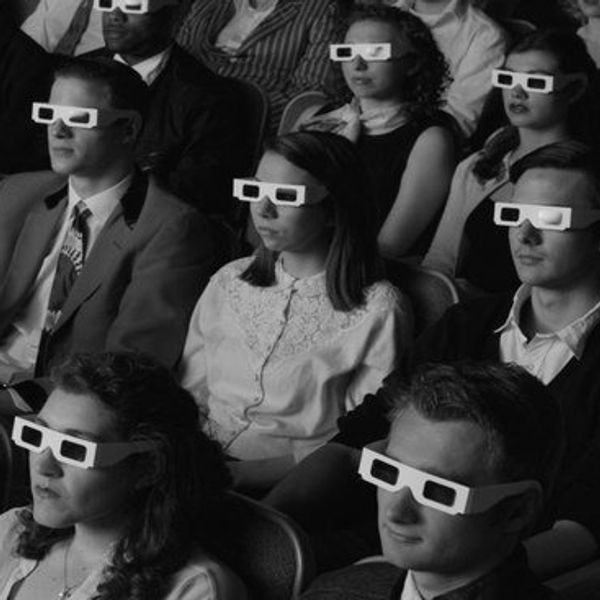I grew up in a devout Buddhist family. My grandma cooked tons of food for various temple events and fundraising events. She was well-known in the local Buddhist community for her contributions to the temple and monks and her dedication to practicing the religion. My parents were equally as devout. They hung portraits and pictures of Buddha and Bodhisattvas around the house, in the car, and in their wallets.
As a child, my parents would take me to temple every Sunday for prayer and Buddhist studies. It had been a quintessential part of my youth. Buddhism had established my moral compass and had helped me create a list of principles that I strive to live by. Never in my life did I foresee that there would be a time where I had to reevaluate how I practice Buddhism because of my identification as a queer person.
Outside of my family and my temple community, I didn't know anyone else who practiced Buddhism, much less, a person who is queer and Buddhist. When I became more proactive in learning about LGBT culture, I began reading articles about the intersectional nature of sexuality and religion. I read about how some people use religious reasonings to condemn the LGBT community and how some religious queer individuals remain closeted due to their belief that who they are is an abomination.
On the flip side, I've also heard many religious arguments in support of same-sex marriage and the LGBT community. Viewing both the toxic interplay and harmonious relationship between religion and gender and sexual identity sparked in me a curiosity to examine the relationship between my religion and sexuality. This, however, proved challenging because the media had conveyed the LGBT and religion debate through a narrow lens. A lens that seemed to focus predominantly on the Christian debate on same-sex marriage.
I began examining this topic through deeply analyzing scriptures and having discussions with monks. After every discussion and scripture, I learned more and more, yet at the same time, there were so many questions that I had that were left unanswered. Sexual orientation and gender identity were topics that were never referenced by Buddha in his teachings and many of the monks I conversed with simply spoke about their perception of the topic. In the end, I had to determine what it meant for me to be queer and Buddhist.
When it came down to it, like many other religious individuals, the way I determined how my sexual orientation and religion coincide is through understanding and interpreting my respective religion. Buddhism has taught me to live my life spreading compassion, to refrain from misconduct, and to treat everyone equally. Based on my interpretation of those Buddhist morals, the way I practice Buddhism has evolved.
As a queer person of color, I've experienced oppression and know many others who have as well. Seeing all this has only incentivized me, as a Buddhist and as a queer person, to teach others to be compassionate and understanding towards LGBT individuals. For me, Buddhism and my sexual orientation exist in unison, both driving me to be a better person and leading me on the Middle Way.



















